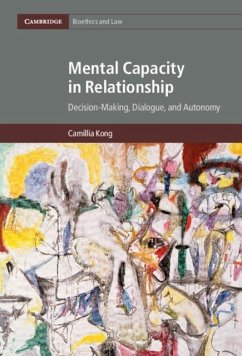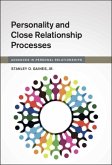Recent legal developments challenge how valid the concept of mental capacity is in determining whether individuals with impairments can make decisions about their care and treatment. Kong defends a concept of mental capacity but argues that such assessments must consider how relationships and dialogue can enable or disable the decision-making abilities of these individuals. This is thoroughly investigated using an interdisciplinary approach that combines philosophy and legal analysis of the law in England and Wales, the European Court of Human Rights, and the United Nations Convention on the Rights of Persons with Disabilities. By exploring key concepts underlying mental capacity, the investigation concludes that both primary relationships and capacity assessments themselves must display key competencies to ensure that autonomy skills are promoted and encouraged. This ultimately provides scope for justifiable interventions into disabling relationships and articulates the dialogical practices that help better situate, interpret, and understand the choices and actions of individuals with impairments.
Dieser Download kann aus rechtlichen Gründen nur mit Rechnungsadresse in A, B, BG, CY, CZ, D, DK, EW, E, FIN, F, GR, HR, H, IRL, I, LT, L, LR, M, NL, PL, P, R, S, SLO, SK ausgeliefert werden.









